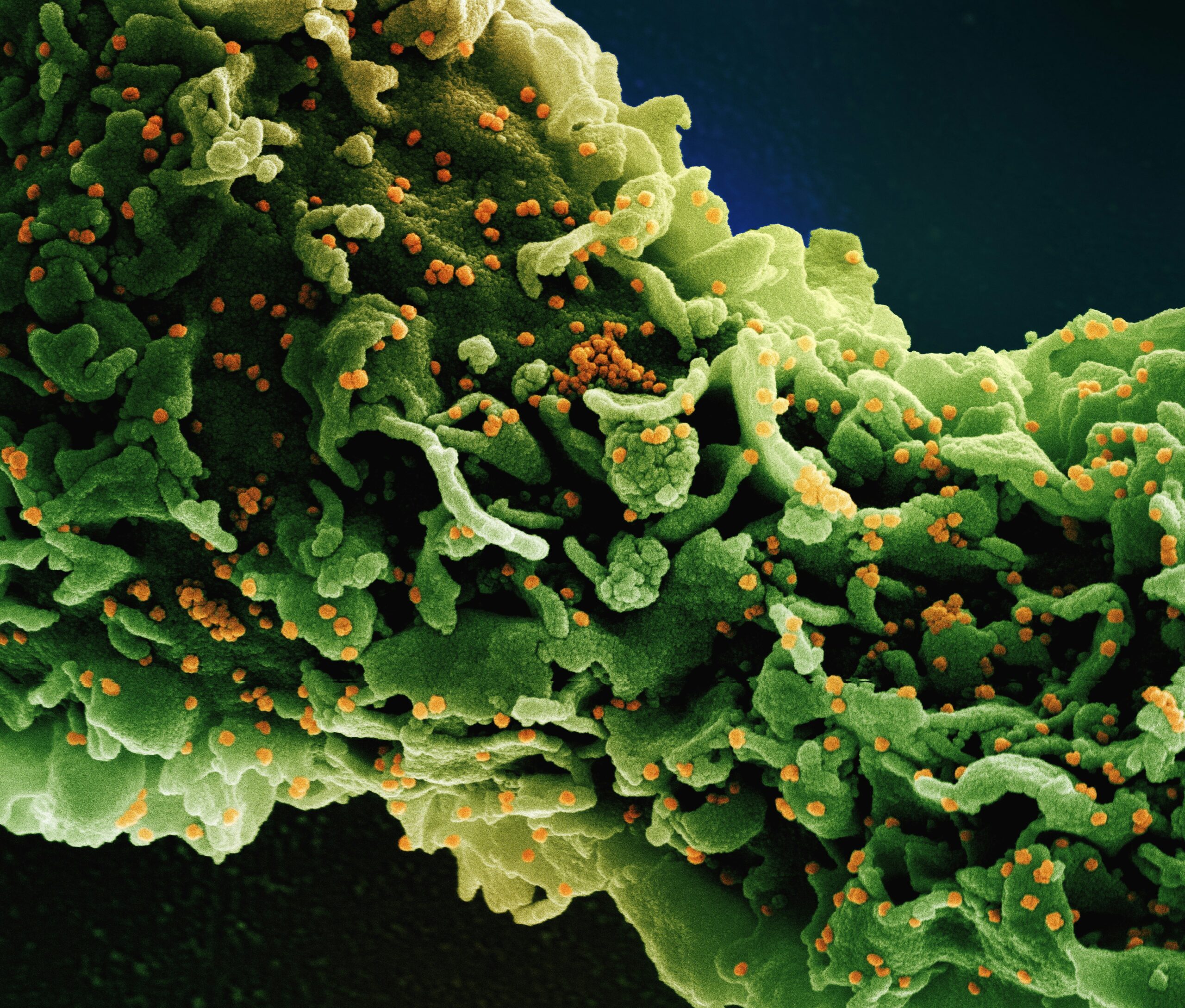In an important move to support planetary conservation, the International Union for Conservation of Nature (IUCN) has announced the creation of the Microbial Conservation Specialist Group (MCSG). This milestone marks the establishment of the first global body dedicated to safeguarding microbial life and a major expansion of the IUCN’s Species Survival Commission (SSC). Since microorganisms underpin all ecological and organismal systems, protecting microbial life is necessary for achieving global biodiversity, climate, and sustainability goals. However, microbial conservation has been largely missing from the conservation initiative.
To support this launch, a detailed editorial describing the vision, strategy and urgency behind the initiative has been co-published across multiple leading journals including FEMS Microbiology Ecology, The ISME Journal, mSystems, and Sustainable Microbiology. The editorial calls for microbial biodiversity to be fully incorporated into conservation science, policy and global sustainability efforts.
Why does microbial conservation matters
Microbes play a foundational role in all life-supporting processes on Earth. They drive nutrient cycling, soil fertility, carbon storage, climate regulation, ecosystem resilience, and the health of animals, plants and humans. Loss of microbial taxa can, therefore, threaten the planet’s stability and health. Despite the crucial role they play, microbial communities have been almost entirely absent from conservation frameworks, biodiversity targets, and the IUCN Red List. While microbes are known to be incredibly resilient, we are now losing them at record rates, and unlike past natural extinctions, today’s decline is driven by human activity with consequences ecosystems cannot easily absorb or reverse.
Habitat destruction, pollution, climate change, industrialization, and urbanization are rapidly eroding microbial ecosystems, destabilizing the very foundations of global biodiversity.
The IUCN Microbial Conservation Specialist Group (MCSG)
In response to this growing threat, the ICUN Species Survival Commission has established MCSG brings together experts in microbiology, ecology, conservation, policy and public health. Their 18-month strategy focuses on five core priorities:
-
Assessment: Develop tools and standards to evaluate microbial conservation status, map conservation hotspots, develop Red-list compatible assessment criteria, and construct Community Integrity Indices for effective monitoring.
-
Planning: Create actionable guidelines for microbial restoration and biobanking through conservation planning templates, co-developing risk-benefit economic frameworks, and ethical structures to coordinate needs and priorities.
-
Action: Develop and launch pilot projects using microbial solutions to restore degraded ecosystems, coral reefs, soils and wildlife microbiomes. Also, build robust funding pipelines to catalyze large-scale investment for the cause.
-
Networking: Build collaborations across IUCN Commissions, scientific societies, biobanks, indigenous communities, and global partners to ensure microbial conservation remains a globally inclusive movement.
-
Communication & Policy: Bring microbial biodiversity into global environmental agreements, including the CBD, One Health, IPBES and UN climate processes.
There is no conservation without microbial conservation
Protecting microbial life is essential to achieving global biodiversity, climate and sustainability goals.
The launch of the MCSG invites conservationists, policymakers, researchers, funders and communities to join a coordinated international effort. The group now begins implementing its strategy, expanding partnerships and raising awareness of the indispensable role microbes play in maintaining a habitable planet.
By formally recognizing microbial biodiversity as a conservation priority, the IUCN sets in motion a major evolution in global conservation thinking. The establishment of the Microbial Conservation Specialist Group is an overdue but crucial step toward protecting the invisible foundation of life on Earth.
Read the previous joint Editorial on climate change: Microbes without borders: uniting societies for climate action
Publish with purpose in the FEMS Journals
The not-for-profit FEMS journals are run by microbiologists, and for microbiologists. Every article published by us has been rigorously reviewed for soundness of science by our community of academic peer reviewers – and our journals support the microbiology community.

